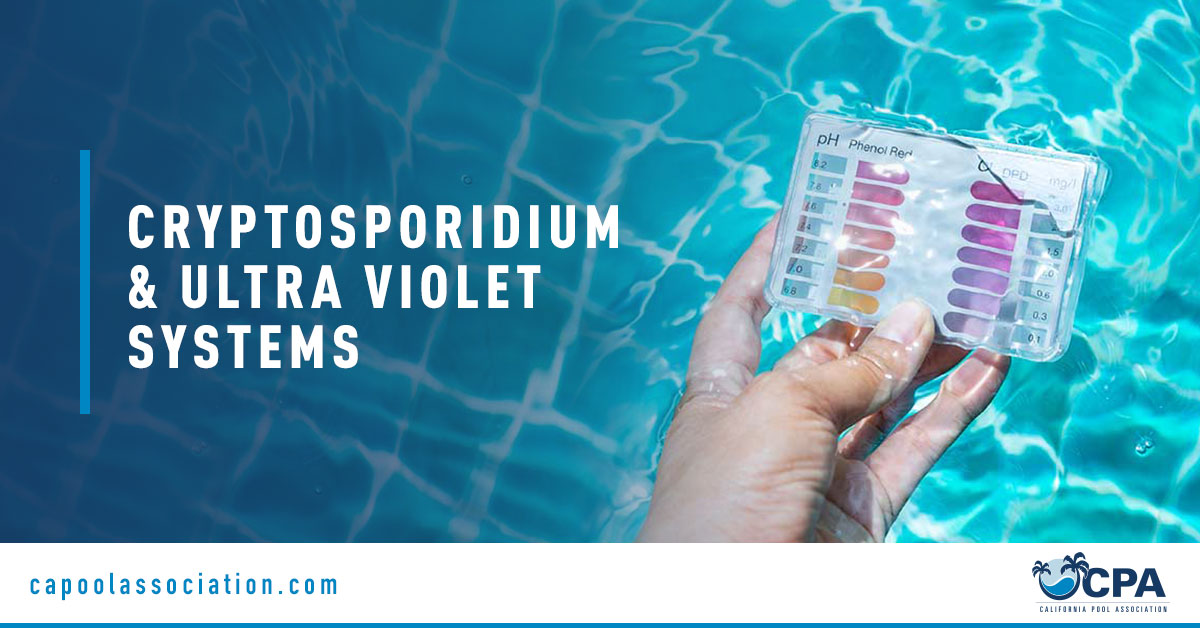If you are thinking of installing an inground swimming pool in your backyard, you might want to know about the risks of Cryptosporidium, a parasite that can cause diarrhea, vomiting, and dehydration. Cryptosporidium, or Crypto for short, is resistant to chlorine and can survive in pool water for days. It can infect anyone who swallows contaminated water, especially young children, pregnant women, and people with weakened immune systems.
According to the CDC, Crypto outbreaks linked to swimming pools have increased in recent years. In early 2023, an outbreak of Crypto among college swimmers in Massachusetts was traced back to their practice in Puerto Rico, where they were exposed to three variants of the parasite. The swimmers developed symptoms three days after returning home and competed in two other meets before the problem was recognized. Fortunately, no hospitalizations or secondary infections occurred.
So how can you protect yourself and your family from Crypto? One of the best ways is to install a secondary disinfection system in your pool, such as Ultra Violet (UV) or ozone. These systems do not kill Crypto, but they inactivate it by damaging its DNA, preventing it from reproducing and causing illness. UV and ozone systems also kill or inactivate other bacteria, viruses, and parasites that can make swimmers sick. However, they do not create a disinfectant residual in the water, so you still need to use chlorine or another sanitizer to maintain water quality.

In addition to using a secondary disinfection system, you should also follow these tips to reduce Crypto risk in your pool:
– Shower before entering the pool and wash your hands after using the bathroom or changing diapers.
– Do not swim if you have diarrhea or have had it in the past two weeks.
– Do not swallow pool water or get it in your mouth.
– Keep children under 5 years old out of hot tubs and spas, as they are more likely to contaminate the water with fecal matter.
– Change diapers in a bathroom or a diaper-changing area and not at poolside.
– Wash your swimsuit and towel after each use.
By following these simple steps, you can enjoy your inground swimming pool without worrying about Crypto. Remember, a safe, fun, clean pool environment is what we all want!
How can I tell if my swimming pool has Crypto in it?
There is no easy way to tell if a swimming pool has Crypto in it, because the parasite is microscopic and invisible to the naked eye. However, there are some steps that can be taken to reduce the risk of getting infected by Crypto from swimming pools:
- Avoid swallowing pool water or putting your mouth near water sprays or fountains.
- Check the pool’s chlorine and pH levels before entering the water. You can use your own test kits or ask the pool operator for the latest test results. The CDC recommends that free chlorine concentration should be at least 1 ppm in pools and 3 ppm in hot tubs, and pH should be between 7.2 and 7.81.
- Stay out of the water if you have diarrhea or have been diagnosed with Crypto. You should wait at least two weeks after your diarrhea stops before swimming again.
- Take frequent bathroom breaks and wash your hands with soap and water after using the toilet or changing diapers. Do not change diapers near the pool area.
- Shower before and after swimming.
If you suspect that a pool might be contaminated with Crypto, you can contact the local health department or the pool operator to report your concerns. The pool might need to be hyperchlorinated to kill any Crypto germs that might be present. Hyperchlorination is a process of raising the free chlorine concentration to 20–40 ppm for a certain period of time, depending on the water temperature and pH2. However, CDC does not recommend testing the water for Crypto after hyperchlorination is completed, because it is not a reliable method to confirm that all Crypto germs have been killed2.


